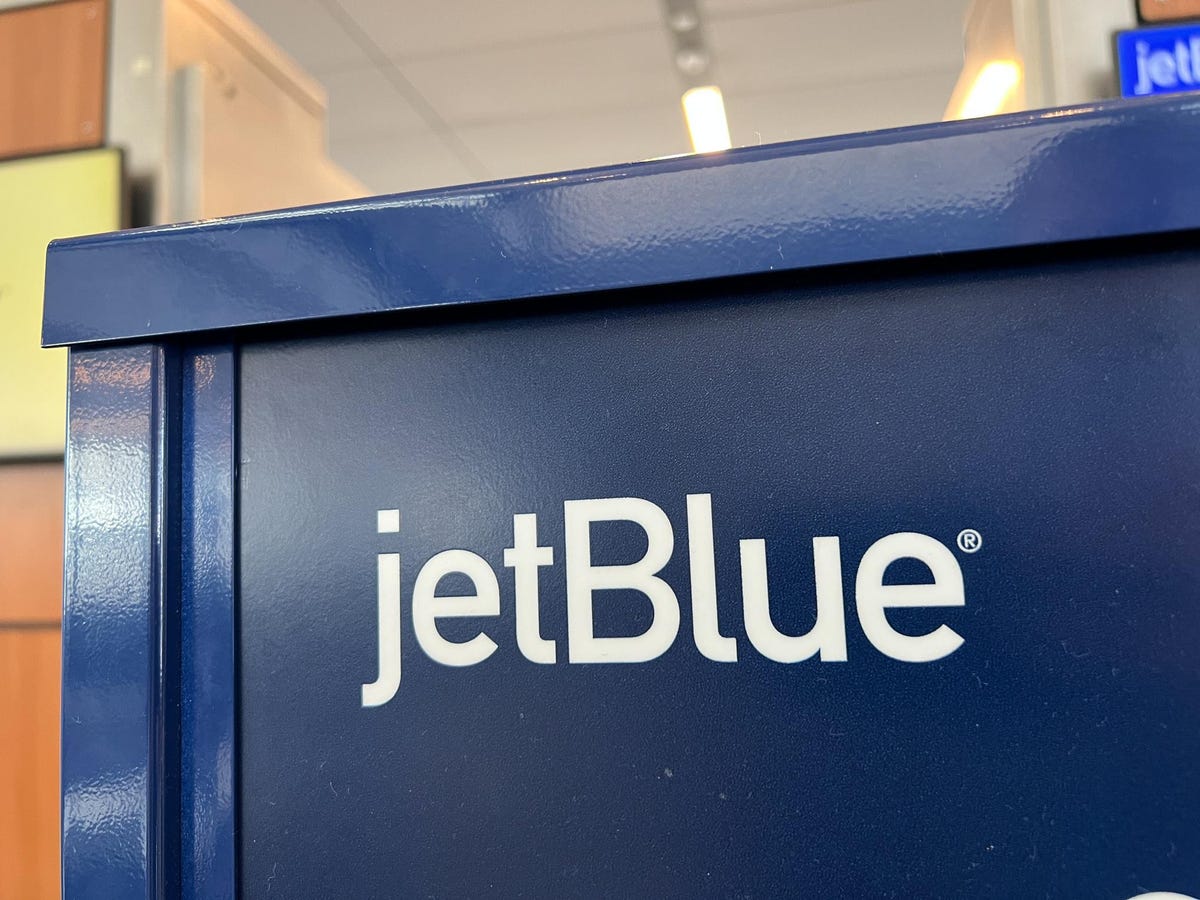Despite a 9% rise this year, JetBlue Airways stock (NASDAQ
NDAQ
JetBlue primarily earns its revenues from selling air tickets and other ancillary services such as freight and mail. The rise in revenues over the recent years can be attributed to a rebound in air travel demand, with passenger traffic and ticket yield rising meaningfully in the last few years. JetBlue’s available seat miles plunged from 63.8 million in 2019 to 32.7 million in 2020 before rebounding to 64.5 million in 2022. The company’s passenger revenue per average seat mile fell from 12.20 cents in 2019 to 8.36 cents in 2020 before rebounding to 13.32 cents in 2022. The demand for air travel is expected to remain high in the near
near
JetBlue’s operating margin stood at 9.5% in 2019, before the pandemic, and it fell to -63.2% in 2020 before recovering to -4.6% in 2022. Our JetBlue Airways Operating Income Comparison dashboard has more details. Looking at valuation, we find that JBLU stock has more room for growth. We estimate JetBlue Airways’ Valuation to be $8 per share, about 18% above the current market price, representing a 0.3x P/S multiple based on TTM revenues.
JetBlue stock has been weighed down over the last year or so owing to concerns around its proposed acquisition of Spirit Airlines
SAVE
While JBLU stock may have more room for growth, it is helpful to see how JetBlue Airways’ Peers fare on metrics that matter. You will find other valuable comparisons for companies across industries at Peer Comparisons.
Furthermore, the Covid-19 crisis has created many pricing discontinuities which can offer attractive trading opportunities. For example, you’ll be surprised at how counter-intuitive the stock valuation is for FedEx vs. Amkor.
With inflation rising and the Fed raising interest rates, among other factors, JBLU stock has fallen 48% in the last twelve months. Can it drop more? See how low JetBlue Airways stock can go by comparing its decline in previous market crashes. Here is a performance summary of all stocks in previous market crashes.
What if you’re looking for a more balanced portfolio instead? Our high-quality portfolio and multi-strategy portfolio have beaten the market consistently since the end of 2016.
Invest with Trefis Market Beating Portfolios
See all Trefis Price Estimates
Read the full article here










